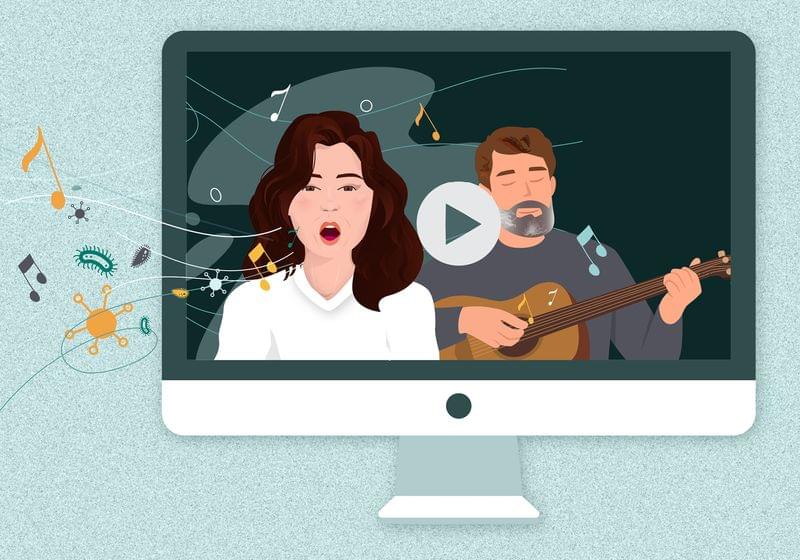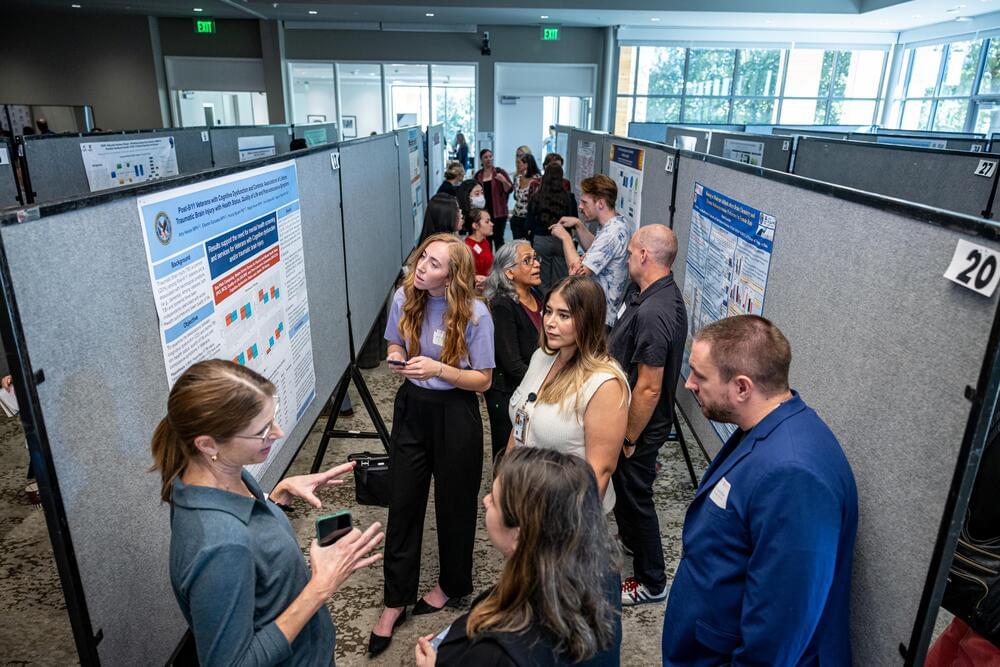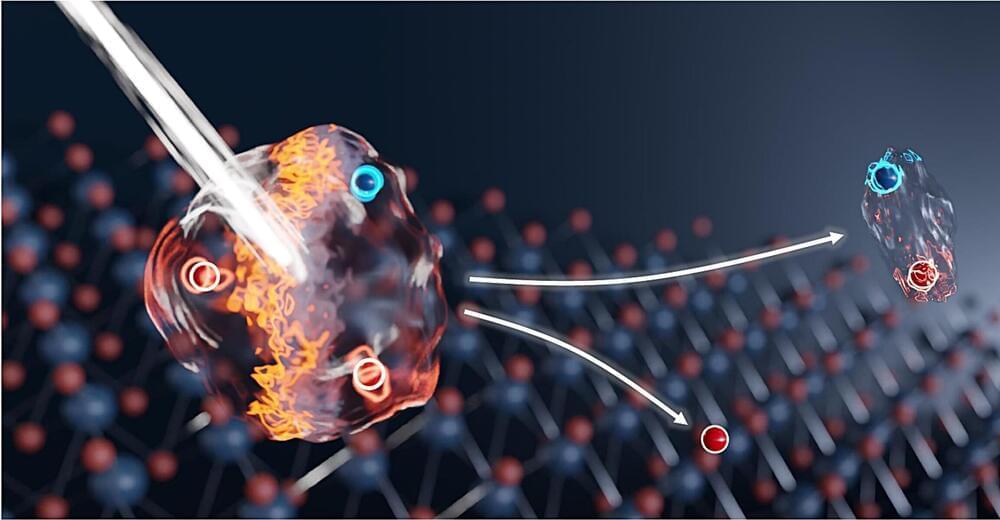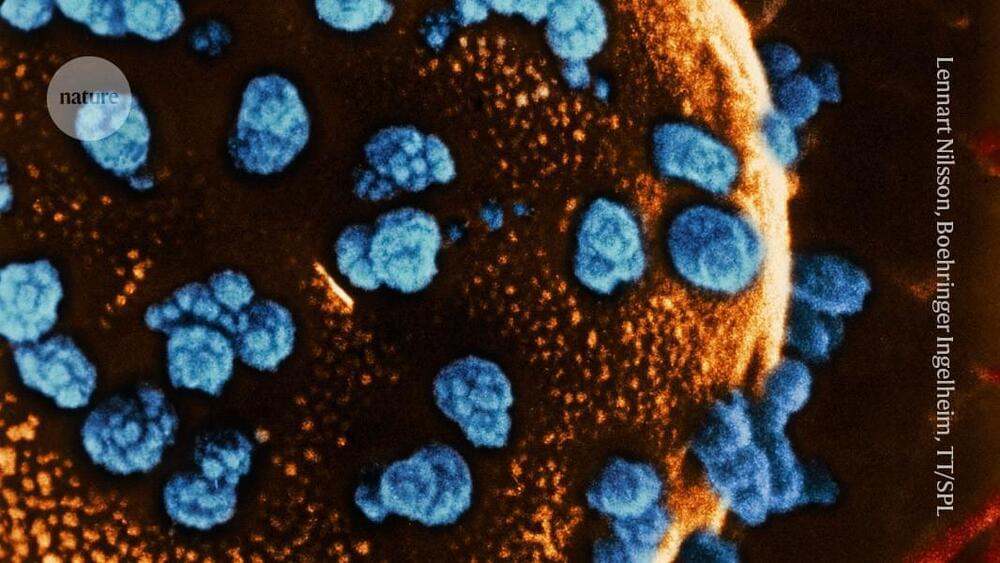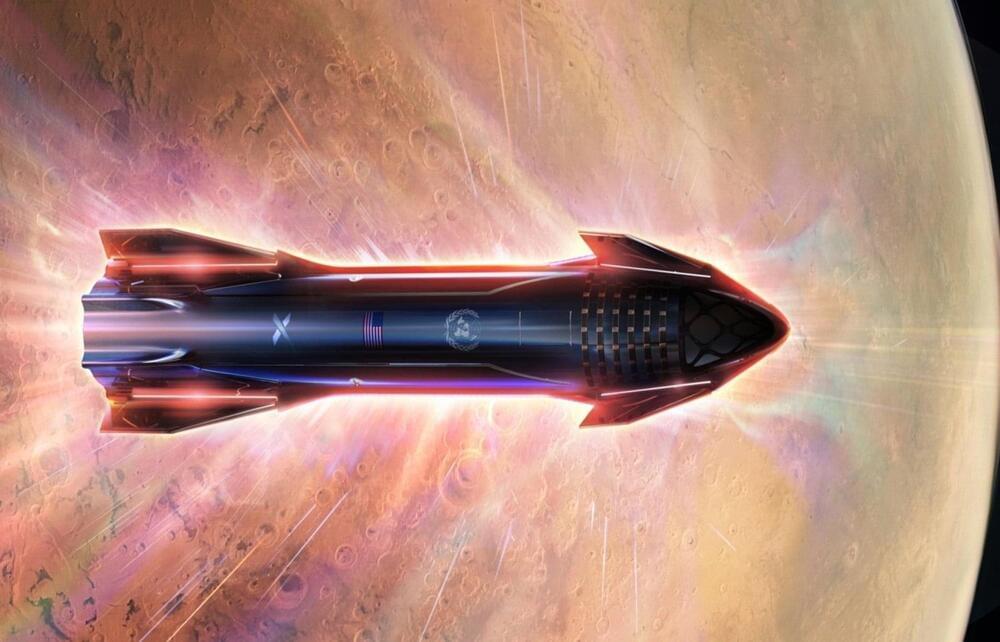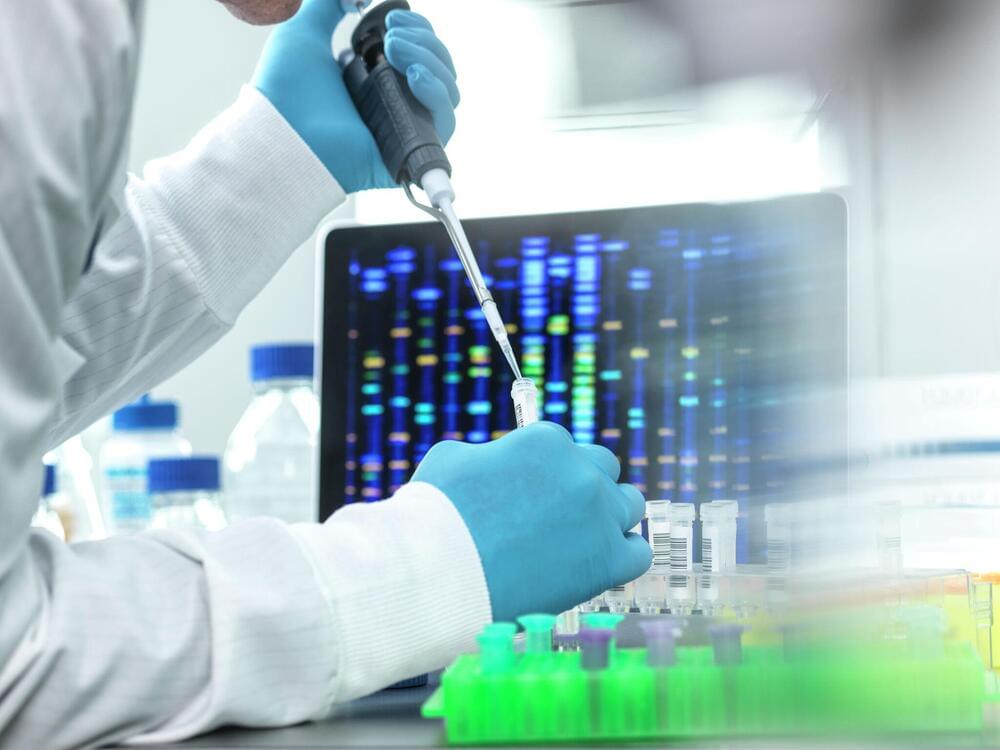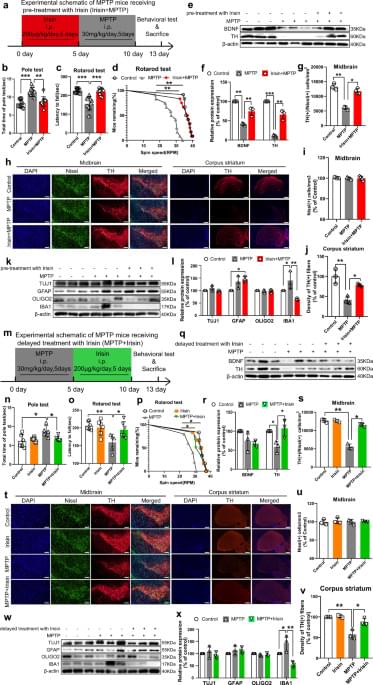Meet Barbara Di Ventura, an engineer turned synthetic biologist at the University of Freiburg, who explores protein dynamics across cell types. Outside of the laboratory, she moonlights as a musician. Di Ventura harmonizes her passion for art and science in musical abstracts, using a guitar to riff about her latest research, transforming scientific communication into a lively experience.
What inspired you to start creating musical abstracts?
I was inspired by Uri Alon, a systems biologist at the Weizmann Institute of Science, who played the guitar and sang songs about his group’s projects in an entertaining way. Then in 2021, we published a paper on a novel optogenetic tool for controlling gene expression in bacteria, and I had this vision to write a song about it.1 We’re constantly asked to describe our work in new ways despite the numerous figures we produce. To me, writing song lyrics is easier than new text. The song “American Pie” came to mind, and it sounded cool with “Bye-bye, L-arabinose drive,” where L-arabinose is the normal inducer of this system.
